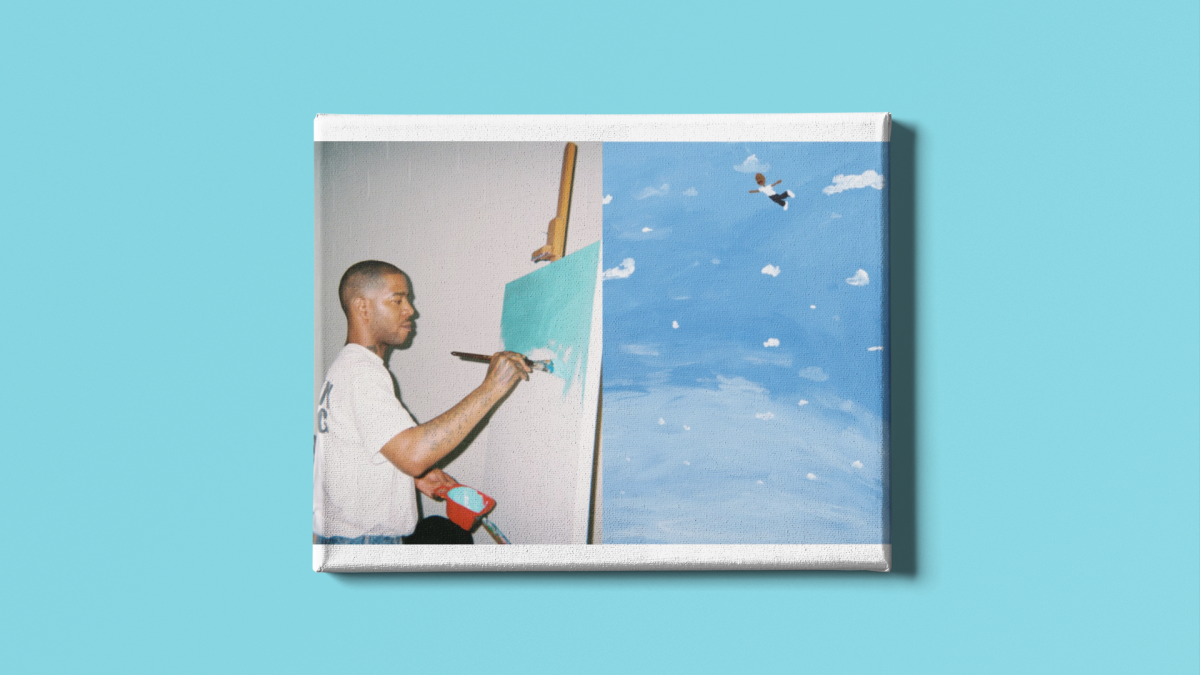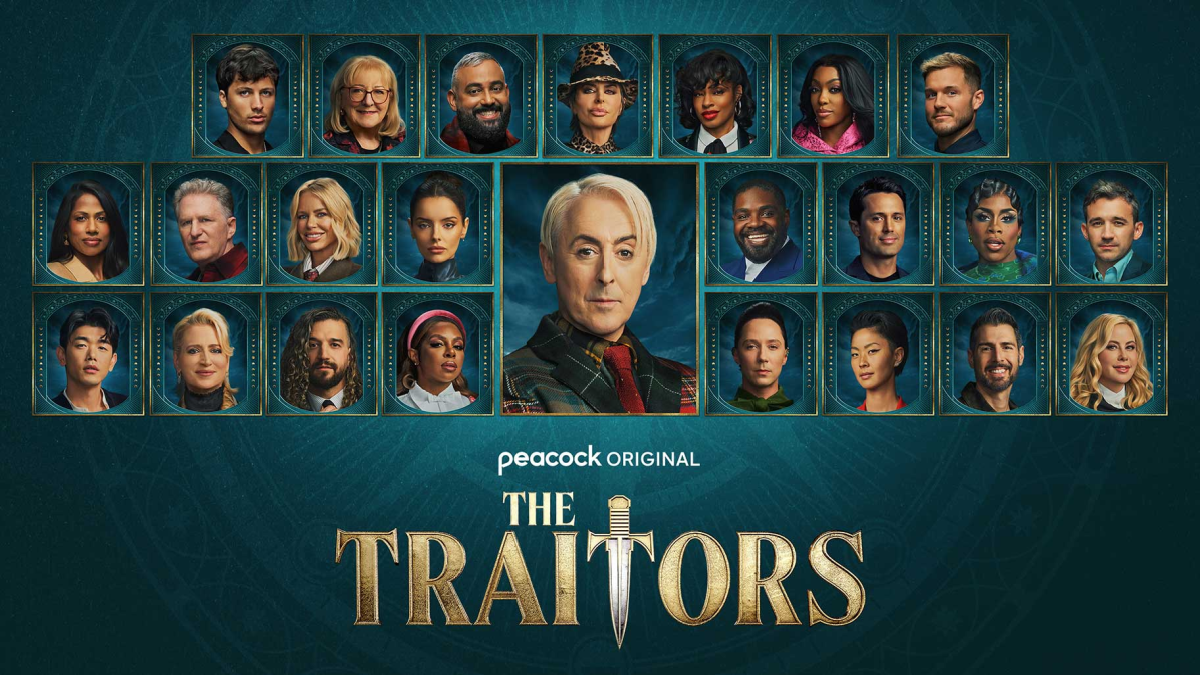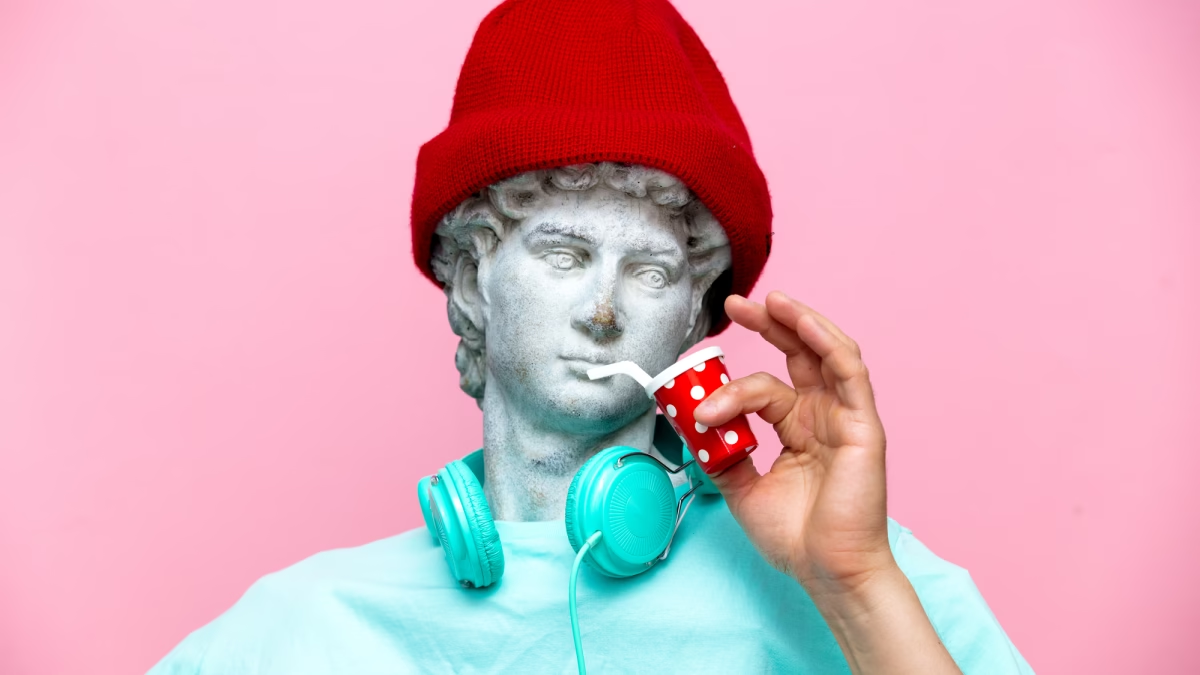
The numbers tell a story that Hollywood couldn’t script better: Only 54% of Americans now drink alcohol — the lowest figure since Gallup began tracking in 1939 [1]. For the first time in history, a majority of Americans (53%) believe that even moderate drinking is bad for your health [1]. This isn’t just a statistical blip; it’s a cultural earthquake that’s reshaping everything from TikTok feeds to boardroom conversations, from celebrity Instagram stories to the very DNA tests sitting in our medicine cabinets.
Welcome to the sober revolution, where Spider-Man’s Tom Holland (Founder of Bero) announces his sobriety journey to millions of followers, where #sobertok garners 46.8 million posts [2], and where the mocktail industry is projected to explode to $30 billion [3]. But here’s what makes this moment different from every other wellness trend: We’re not just changing what we drink. We’re discovering why our bodies respond the way they do, written in the very code of our existence.
As someone who’s been sober since Dec. 31, 1996 — married in sobriety, raised a child 15 years into recovery — I’ve witnessed the evolution from a culture of shame and secrecy to one of curiosity and celebration. Today’s sober curious movement isn’t your grandmother’s temperance campaign. It’s a data-driven, DNA-informed, pop culture-amplified revolution that’s as much about understanding your genetic blueprint as it is about putting down the bottle.
When Spider-Man Puts Down the Bottle: Celebrity Sobriety as Cultural Currency
The transformation is everywhere you look. Tom Holland, the face of Marvel’s Spider-Man franchise, didn’t just quit drinking — he turned his sobriety journey into content gold, sharing his “Dry January” experience with his 7.8 million Instagram followers and sparking conversations about alcohol’s role in young adult life [4]. Miley Cyrus has been vocal about her “extremely clean” lifestyle, describing how sobriety has enhanced her creativity and mental clarity [5]. Rihanna declared 2024 her “year of sobriety,” trading her party-girl image for wellness advocacy [6].
These aren’t your typical celebrity rehab stories. There’s no rock bottom narrative, no dramatic intervention. Instead, these stars are reframing sobriety as optimization, as a performance enhancement, as a lifestyle upgrade. When Anne Hathaway casually mentions being “more than five years sober” in a New York Times interview, she’s not confessing — she’s flexing [7].
The ripple effect is measurable. Among adults ages 35 to 54, drinking has dropped by 10 percentage points since 2023 alone [1]. Gen Z consumes about one-third less beer and wine than previous generations [8]. The share of adults under 35 who drink has fallen 10 percentage points over two decades, reaching just 62% in 2021-2023 [9]. This isn’t a temporary trend; it’s a generational shift that’s redefining what it means to be young, successful and socially connected in America.
But here’s where it gets interesting: While celebrities provide the cultural permission to be sober, science is providing the roadmap for why some people should be.
The Genetic Plot Twist: When Your DNA Writes Your Drinking Story
Imagine discovering that your struggle with alcohol isn’t a character flaw — it’s a genetic feature. Meet Maria, a 32-year-old marketing executive who spent years thinking she was “weak” because one glass of wine left her flushed, nauseous and exhausted the next day. Her friends could polish off bottles while she nursed a single drink, feeling like her body was betraying her at every social gathering.
Then Maria took a 3X4 Genetics test.
The results revealed she carries a variant in her ALDH2 gene — a genetic variation that affects how her body processes acetaldehyde, the toxic byproduct of alcohol metabolism [10]. This isn’t some minor genetic quirk; it’s what researchers call “the strongest protective effect against alcohol dependence of any known gene” [11]. Maria’s body was doing exactly what it was designed to do: protecting her from a substance her genetic makeup couldn’t efficiently process.
The science is both elegant and profound. When you drink alcohol, your body performs a two-step metabolic dance. First, alcohol dehydrogenase (ADH) enzymes convert ethanol to acetaldehyde. Then, aldehyde dehydrogenase (ALDH) enzymes convert that acetaldehyde to harmless acetate [12]. But genetic variants in the ALDH2 and ADH1B genes can dramatically alter this process.
The ALDH2*2 variant, common in East Asian populations but found across ethnic groups, creates an essentially inactive enzyme [13]. People with this variant experience acetaldehyde accumulation, leading to facial flushing, nausea and rapid heart rate — symptoms so unpleasant they serve as a natural deterrent to drinking. Meanwhile, certain ADH1B variants create hyperactive enzymes that rapidly convert alcohol to acetaldehyde, also providing protection against alcohol dependence [14].
This isn’t just academic curiosity. These genetic variants are unevenly distributed among populations, helping explain why alcohol tolerance and addiction risk vary so dramatically between individuals and ethnic groups [15]. For Maria, understanding her genetics transformed her relationship with alcohol from one of shame to one of informed choice.
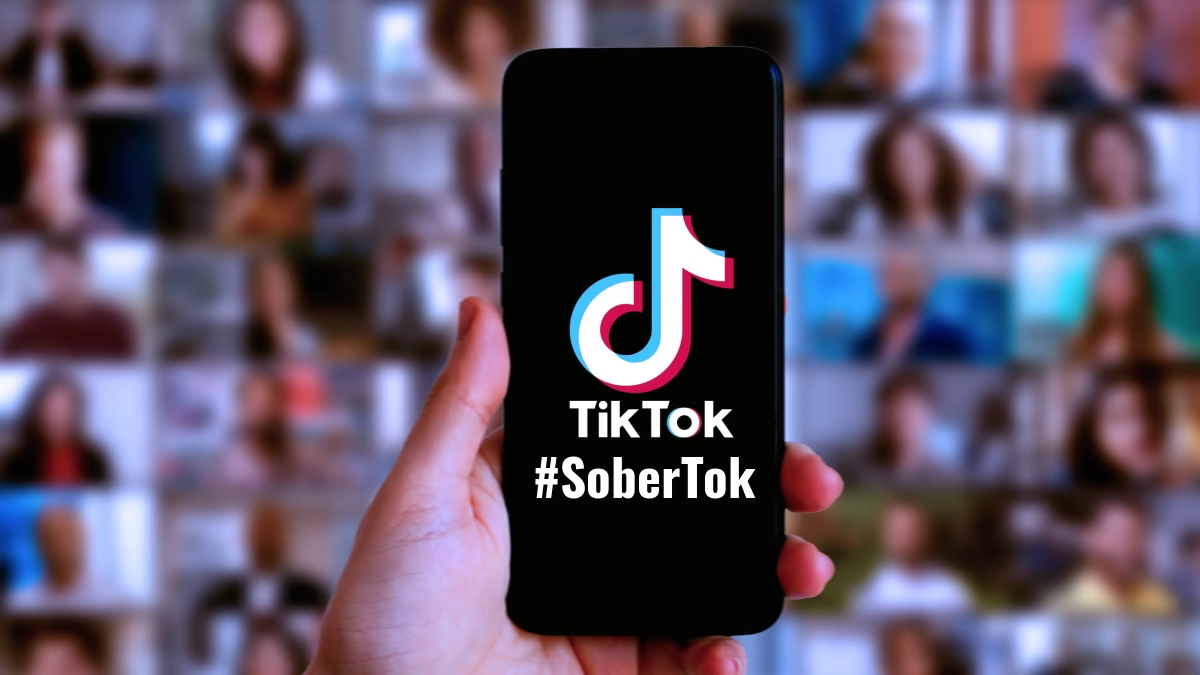
From #SoberTok to Sober Glow-Ups: How Social Media Rewrote the Sobriety Script
Scroll through TikTok and you’ll find a parallel universe where sobriety isn’t just accepted — it’s aspirational. The #sobertok hashtag has exploded with millions of posts featuring everything from “sober glow-up” transformations to mocktail recipes that rival any craft cocktail [16]. Influencers like @laurenissober and @thesoberscoop_ have built massive followings by documenting their alcohol-free journeys, turning what was once a private struggle into public inspiration [17].
The “sober glow-up” trend alone has generated 46.8 million posts, with users showcasing dramatic before-and-after photos highlighting clearer skin, brighter eyes and improved mental health [18]. These aren’t medical testimonials; they’re lifestyle content, complete with ring lights and trending audio clips. Sobriety has become Instagram-worthy.
The numbers behind this cultural shift are staggering. Twenty-two percent of American adults participated in Dry January 2025, a 5-percentage point increase from 2024 [19]. Nearly half of Americans plan to drink less alcohol in 2025, driven by what researchers call the “sober curious” movement [20]. This isn’t about addiction recovery; it’s about optimization, mindfulness and what Gen Z calls “financial well-being” — because premium cocktails cost money that could go toward experiences, travel or investments [21].
The movement has created its own economy. The nonalcoholic beverage market grew an estimated 10% in 2024, with nonalcoholic spirits seeing 29% year-over-year growth [22]. Mentions of mocktails on restaurant menus have jumped 37.4% since 2019, with a 9.6% increase in the last year alone [23]. Premium zero-proof spirits are commanding prices that rival their alcoholic counterparts, and customers are paying willingly.
But perhaps most tellingly, this isn’t a movement driven by fear or prohibition. It’s driven by information, optimization and the radical idea that understanding your body’s unique needs — including your genetic predispositions — is the ultimate form of self-care.
Beyond One-Size-Fits-All: The Personalized Health Revolution
Here’s what the wellness industry doesn’t want you to know: most health advice is generic because most health advice ignores your genetic reality. The same diet that transforms one person leaves another feeling sluggish. The exercise routine that energizes your friend might leave you exhausted. The supplement stack that works for your favorite influencer might be completely wrong for your body’s needs.
This is where the intersection of pop culture and genetic science gets revolutionary. Companies like 3X4 Genetics are analyzing over 170 genes from a simple cheek swab, providing personalized insights into everything from alcohol metabolism to caffeine sensitivity, from stress response to detoxification capacity [24]. This isn’t fortune-telling; it’s functional medicine informed by 25 years of research and advanced AI technology.
The implications extend far beyond alcohol. Your genetic variants influence how you process caffeine — explaining why some people can drink espresso at midnight while others get jittery from green tea. They affect your response to different types of exercise, your need for specific nutrients and your body’s ability to handle stress and inflammation [25]. Understanding these genetic factors allows for truly personalized approaches to health and wellness.
For those in recovery or considering sobriety, genetic testing offers something unprecedented: scientific validation for their experiences. The person who gets violently ill from small amounts of alcohol isn’t “weak” — they likely carry protective genetic variants. The individual who can drink heavily without immediate consequences isn’t “strong” — they may lack the genetic warning system that protects others from developing alcohol dependence.
This personalized approach is reshaping how we think about addiction, recovery and optimal health. Rather than applying universal recommendations, we’re moving toward precision wellness — understanding that your genetic blueprint provides the foundation for making informed decisions about everything from your morning coffee to your evening wind-down routine.
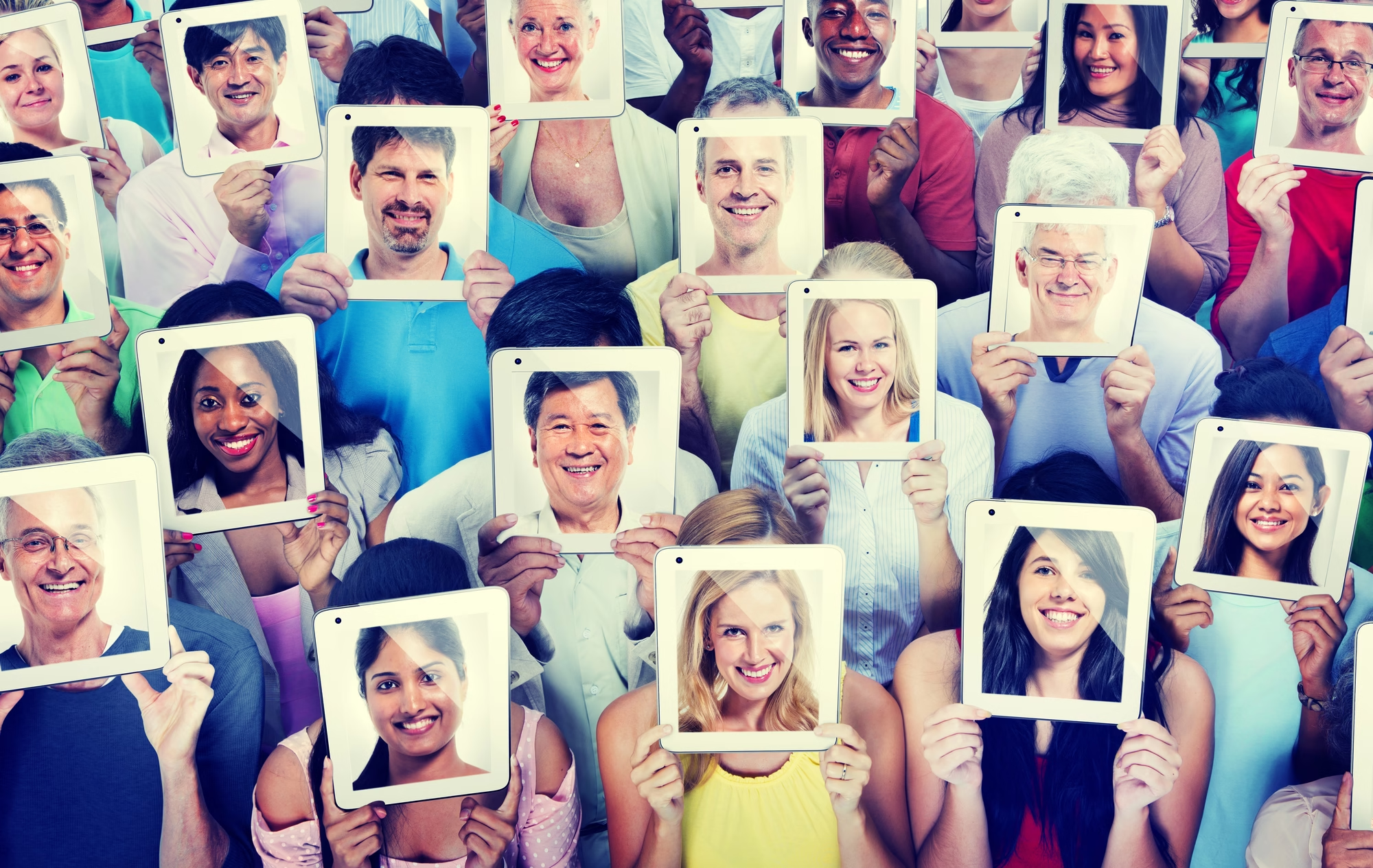
The Bigger Picture: Redefining American Identity in the Age of Information
What we’re witnessing isn’t just a shift in drinking habits — it’s a fundamental reimagining of American identity. For generations, alcohol has been woven into our social fabric, from business lunches to wedding toasts, from college traditions to retirement celebrations. The idea that a significant portion of the population might simply opt out seemed unthinkable.
Yet here we are, in an era where information trumps tradition, where data drives decisions, and where understanding your genetic predispositions is becoming as common as checking your credit score. The American Heart Association and American College of Cardiology recently updated their blood pressure guidelines to recommend abstaining from alcohol rather than limiting consumption [26]. Former Surgeon General Dr. Vivek Murthy has called for updated warning labels highlighting alcohol’s cancer risk [27]. The scientific consensus is shifting, and culture is following.
This transformation reflects broader changes in how Americans approach health and wellness. We’re moving from reactive health care to proactive optimization, from following generic advice to seeking personalized solutions, from accepting limitations to understanding their genetic basis. The same generation that tracks their steps, monitors their sleep, and optimizes their nutrition is naturally drawn to understanding their genetic predispositions.
The economic implications are profound. The global non-alcoholic beverage market is projected to reach $2.696 trillion, with the U.S. nonalcoholic beverage market forecasted to grow at an annual rate of 18% through 2028 [28]. This isn’t just about replacing one product with another; it’s about creating entirely new categories of experience, from premium mocktail bars to sober social clubs, from alcohol-free festivals to wellness retreats focused on genetic optimization.
But perhaps most significantly, this movement is destigmatizing conversations about alcohol and addiction. When celebrities share their sobriety journeys, when genetic testing explains individual differences in alcohol metabolism, when social media celebrates alcohol-free lifestyles, the shame and secrecy that have long surrounded these topics begin to dissolve.
The Future Is Personal: Where Genetics Meets Cultural Evolution
As I write this, nearly three decades into my own sobriety journey, I’m struck by how dramatically the conversation has evolved. When I got sober on Dec. 31, 1996, it was largely a private matter, discussed in hushed tones and support group circles. Today, sobriety is content, community and increasingly, a conscious choice informed by genetic understanding.
The convergence of pop culture visibility, genetic science and social media amplification has created something unprecedented: a cultural moment where choosing not to drink is seen as optimization rather than deprivation, as informed decision-making rather than moral failing, as understanding your body rather than restricting your life.
This isn’t the end of alcohol in American culture — it’s the beginning of choice informed by knowledge. Some people will continue to drink, armed with better understanding of their genetic predispositions and personal limits. Others will choose sobriety, supported by a culture that celebrates rather than stigmatizes that decision. Most importantly, these choices will be made with information rather than assumption, with genetic insight rather than guesswork.
The sober revolution isn’t really about alcohol at all. It’s about agency, information and the radical idea that understanding your genetic blueprint can transform how you live, recover and thrive. In a world where your DNA can be decoded from a cheek swab and your health optimized through personalized recommendations, the question isn’t whether you should drink—it’s whether you understand enough about your unique biology to make that choice consciously.
The future of wellness is personal. The future of recovery is informed. And the future of American culture is being written by a generation that refuses to accept “one-size-fits-all” solutions to deeply individual questions.
Your DNA isn’t your destiny — but it might just be your roadmap to a life that’s authentically, optimally, unapologetically yours.

Functional DNA nutritionist and sober curator with nearly three decades of recovery experience, who has dedicated her career to bridging the gap between genetic science and practical wellness. Her work integrates genetics testing with personalized nutrition and lifestyle recommendations, helping clients understand how their unique genetic blueprint influences everything from alcohol metabolism to stress response. Through her writing for The Sober Curator and Spiritual Substance, she explores the intersection of pop culture, genetic science and recovery, always with the understanding that true transformation comes from information, not judgment.
The quest for optimal health is both a journey of the genes and the soul — and in today’s world, we finally have the tools to honor both.
References
[1] Koop, J. (2025, August 15). A record low level of Americans drink, and a majority now say alcohol is bad for your health. CNN Health. https://www.cnn.com/2025/08/14/health/alcohol-drinking-declines
[2] TikTok. (2025). Sober Glow Up Trend. https://www.tiktok.com/discover/sober-glow-up-trend
[3] Event Marketer. (2025, January 6). Trend of the Week: The Mocktail Movement Goes Mainstream. https://www.eventmarketer.com/article/trend-of-the-week-mocktail-movement/
[4] Cosmopolitan. (2025, April 24). 39 Sober Celebrities Who Say Quitting Alcohol Changed Their Lives. https://www.cosmopolitan.com/entertainment/celebs/g64580876/sober-celebrities/
[5] Cosmopolitan. (2025, April 24). 39 Sober Celebrities Who Say Quitting Alcohol Changed Their Lives. https://www.cosmopolitan.com/entertainment/celebs/g64580876/sober-celebrities/
[6] Sunlight Recovery. (2025, May 24). Rihanna’s “Year of Sobriety 2024”: How It Went. https://sunlightrecovery.com/rihannas-sobriety/
[7] E! News. (2025, August 7). Celebrities Who Got Candid About Addictions and Sobriety. https://www.eonline.com/photos/25944/celebrities-who-got-real-about-their-addictions
[8] Leger360. (2025, April 16). Beyond the Buzz 2025: Gen Z & Millennials Embrace the Sober Curious Movement. https://leger360.com/en/market-intelligence-beyond-the-buzz-2025-sober-curious/
[9] Time Magazine. (2025, January 1). Why Gen Z Is Drinking Less. https://time.com/7203140/gen-z-drinking-less-alcohol/
[10] Edenberg, H. J. (2007). The genetics of alcohol metabolism: role of alcohol dehydrogenase and aldehyde dehydrogenase variants. Alcohol Research & Health, 30(1), 5-13. https://pmc.ncbi.nlm.nih.gov/articles/PMC3860432/
[11] Edenberg, H. J. (2007). The genetics of alcohol metabolism: role of alcohol dehydrogenase and aldehyde dehydrogenase variants. Alcohol Research & Health, 30(1), 5-13. https://pmc.ncbi.nlm.nih.gov/articles/PMC3860432/
[12] Hurley, T. D., & Edenberg, H. J. (2012). Genes encoding enzymes involved in ethanol metabolism. Alcohol Research: Current Reviews, 34(3), 339-344. https://pmc.ncbi.nlm.nih.gov/articles/PMC3756590/
[13] Stanford Medicine. (2019, December 12). Alcohol, ‘Asian glow’ mutation may contribute to Alzheimer’s disease. https://med.stanford.edu/news/all-news/2019/12/alcohol-asian-glow-mutation-may-contribute-to-alzheimers.html
[14] Polimanti, R., & Gelernter, J. (2018). ADH1B: From alcoholism, natural selection, and cancer to the human phenome. American Journal of Medical Genetics Part B, 177(2), 176-190. https://onlinelibrary.wiley.com/doi/abs/10.1002/ajmg.b.32523
[15] Edenberg, H. J. (2007). The genetics of alcohol metabolism: role of alcohol dehydrogenase and aldehyde dehydrogenase variants. Alcohol Research & Health, 30(1), 5-13. https://pmc.ncbi.nlm.nih.gov/articles/PMC3860432/
[16] TikTok. (2025). Sober Glow Up Trend. https://www.tiktok.com/discover/sober-glow-up-trend
[17] TikTok. (2025). @laurenissober and @thesoberscoop_ profiles. https://www.tiktok.com/@laurenissober and https://www.tiktok.com/@thesoberscoop_
[18] TikTok. (2025). Sober Glow Up Trend. https://www.tiktok.com/discover/sober-glow-up-trend
[19] Beacon Point Recovery. (2025, February 28). The Rise of the Sober Curious Movement. https://www.thebeaconpoint.com/blog/the-rise-of-the-sober-curious-movement
[20] NCS Solutions. (2025, January 21). Nearly Half of Americans Plan to Drink Less Alcohol in 2025. https://ncsolutions.com/press-and-media/americans-plan-to-drink-less-alcohol-in-2025/
[21] Leger360. (2025, April 16). Beyond the Buzz 2025: Gen Z & Millennials Embrace the Sober Curious Movement. https://leger360.com/en/market-intelligence-beyond-the-buzz-2025-sober-curious/
[22] INFRA. (2025, January 3). Cheers to Dry January: Trends in Non-Alcoholic Beverages. https://www.naturalfoodretailers.com/blogs/madeleine-ware/2025/01/03/cheers-to-dry-january-trends-in-non-alcoholic-beve
[23] Nation’s Restaurant News. (2025, January 8). Mocktails go premium, and customers are willing to pay. https://www.nrn.com/beverage-trends/mocktails-go-premium-and-customers-are-willing-to-pay
[24] 3X4 Genetics. (2025). At-Home DNA Analysis and Genetic Testing. https://3x4genetics.com/
[25] 3X4 Genetics. (2025). At-Home DNA Analysis and Genetic Testing. https://3x4genetics.com/
[26] Koop, J. (2025, August 15). A record low level of Americans drink, and a majority now say alcohol is bad for your health. CNN Health. https://www.cnn.com/2025/08/14/health/alcohol-drinking-declines
[27] Koop, J. (2025, August 15). A record low level of Americans drink, and a majority now say alcohol is bad for your health. CNN Health. https://www.cnn.com/2025/08/14/health/alcohol-drinking-declines
[28] Yahoo Finance. (2025, July 11). Non-Alcoholic Beverages Market Size Worth USD 2,696 Billion by 2033. https://finance.yahoo.com/news/non-alcoholic-beverages-market-size-140000893.html

SPIRITUAL SUBSTANCE at The Sober Curator is a monthly column by Lane Kennedy that explores the rich intersections of mindfulness, science, and spirituality. Each piece blends evidence-based practices with soulful reflection, offering tools to cultivate inner peace, self-awareness, and deeper connection. From meditation techniques to thought-provoking insights, Lane invites readers to expand their understanding and enrich their personal practice.

SOBER POP CULTURE at The Sober Curator is where mainstream trends meet the vibrant world of sobriety. We serve up a mix of movie, podcast, fashion, and book recommendations alongside alcohol-free cocktails, celebrity features, and pop culture buzz—all with a sober twist.
We’re here to shatter the “sobriety is boring” myth with a mash-up of 80s neon, 90s hip-hop edge, early 2000s bling, and today’s hottest trends. From celebrity shoutouts to red-carpet style inspo, this is where sober is as chic as it is fun. To the celebs using their platform for good—our Sober Pop Trucker hats are off to you!
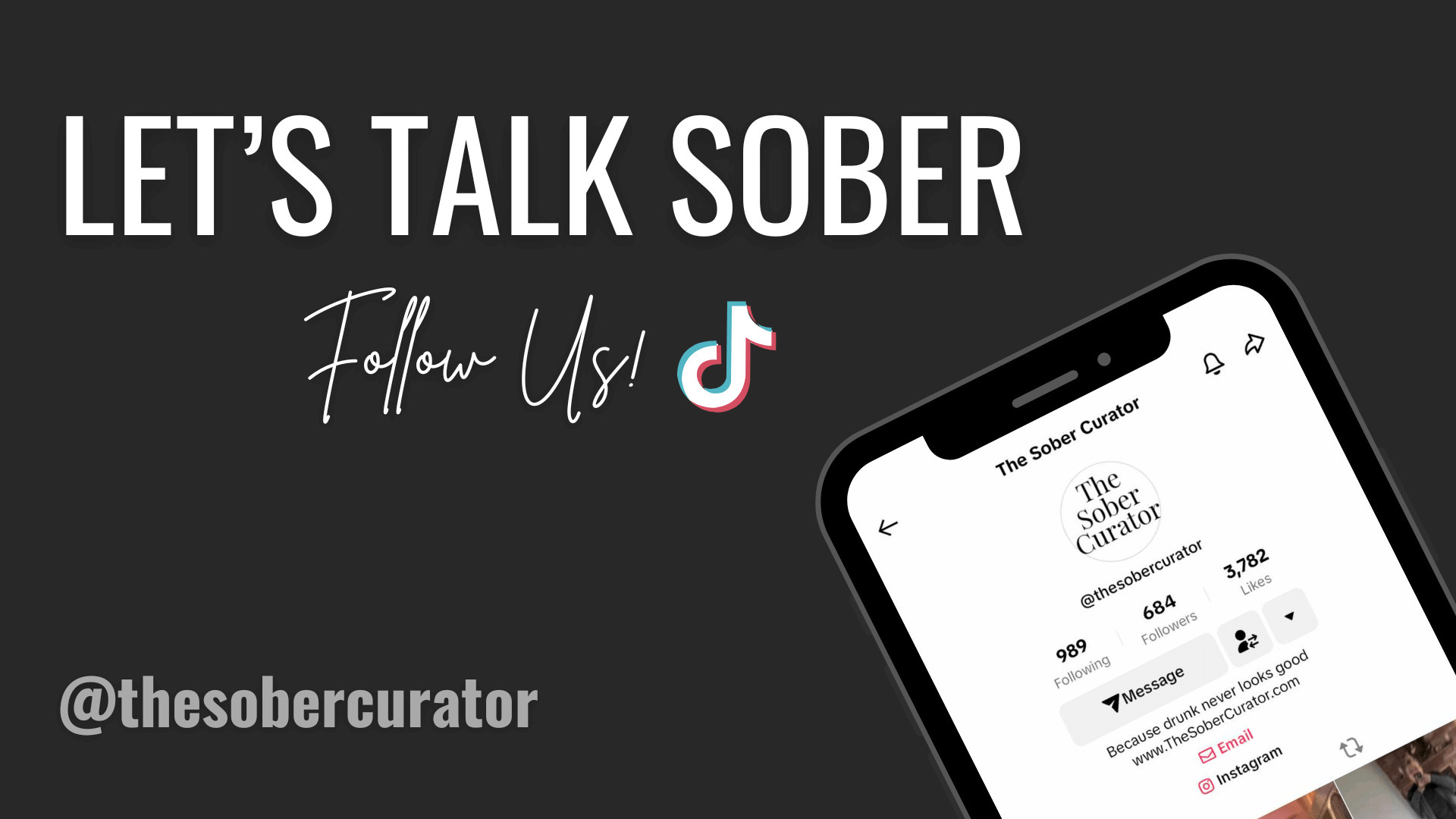
Follow The Sober Curator on TikTok
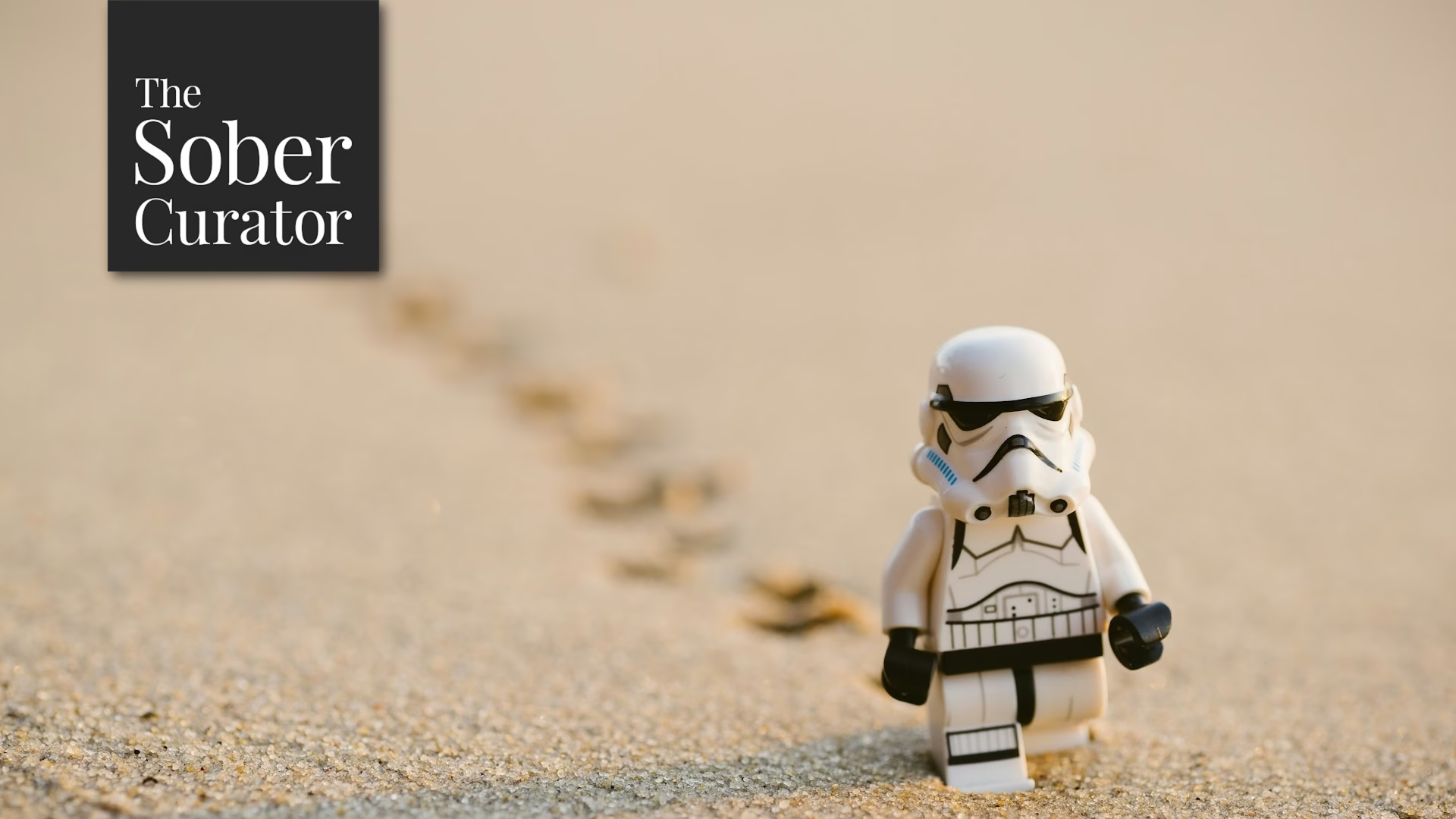
“May the Sober Force Be With You” is a special Star Wars-themed landing page on The Sober Curator that blends sober pop culture with a galaxy far, far away. Created for fellow Jedi in recovery (and anyone who loves the saga), it draws playful yet meaningful parallels between the hero’s journey in Star Wars and the path to sobriety. From Yoda-fied 12 Steps to clever sobriety milestone titles, it’s a fun, creative way to celebrate a sober lifestyle while geeking out over one of the most beloved franchises in film history. Whether you’re a Padawan just starting out or a Jedi Master in long-term recovery, this page invites you to see your journey as an epic adventure—lightsaber optional.
Resources Are Available
If you or someone you know is experiencing difficulties surrounding alcoholism, addiction, or mental illness, please reach out and ask for help. People everywhere can and want to help; you just have to know where to look. And continue to look until you find what works for you. Click here for a list of regional and national resources.




